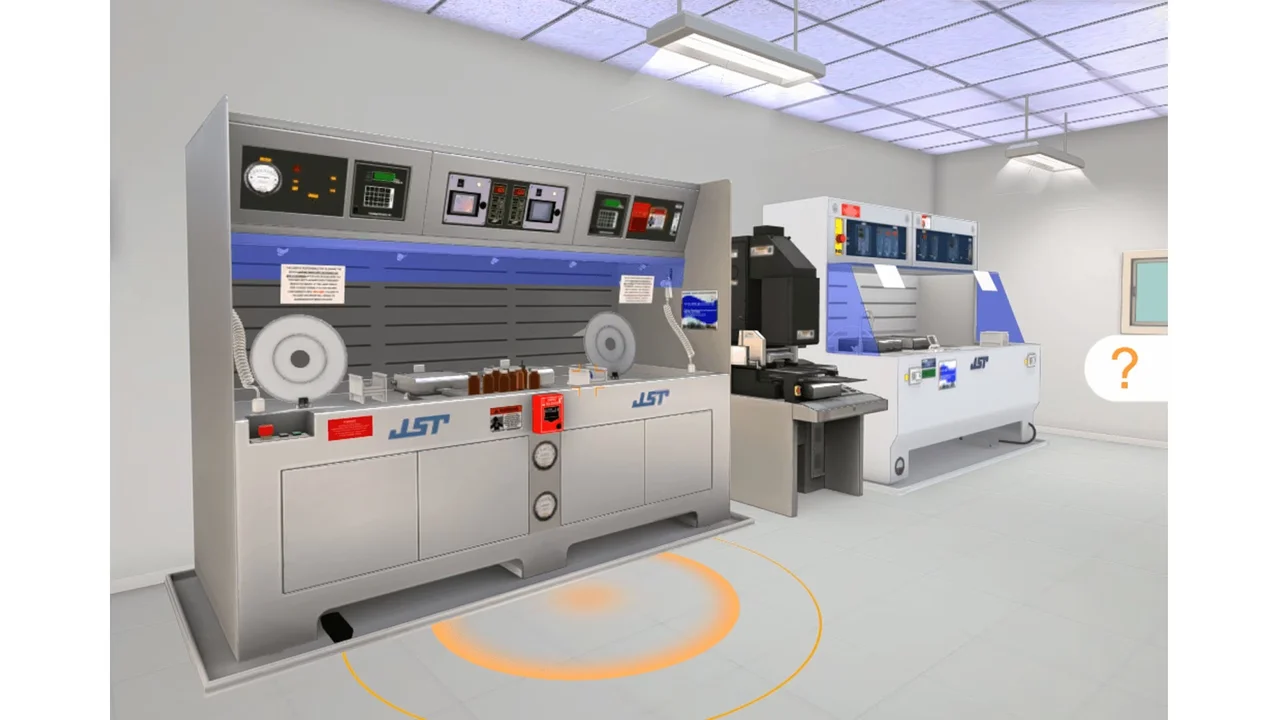KAUST, like many other international research institutions, is no different in its approach to addressing our current need for continuous and uninterrupted distance learning. E-learning has proved effective in theoretical and mathematically-oriented disciplines, where access to a computer locally or over the cloud is all that is required.
About
By David Murphy
KAUST, like many other international research institutions, is no different in its approach to addressing our current need for continuous and uninterrupted distance learning. E-learning has proved effective in theoretical and mathematically-oriented disciplines, where access to a computer locally or over the cloud is all that is required. However, e-learning poses significant challenges to disciplines that require access to a laboratory (e.g. electrical engineering, chemistry, material sciences, etc.).
At KAUST, a tool developed over the past three years may provide an answer to these challenges.
From virtual to reality
Launched in January 2019, the KAUST vFabLab™—conceptualized by Muhammad Hussain, KAUST professor of electrical engineering—is a free-to-use online platform for distance learning and training on semiconductor fabrication and associated complementary metal-oxide-semiconductor (CMOS) technology. The virtual lab is yet another example of Hussain’s ability to contemplate and create futuristic research that is ahead of its time.
After registering on the vFabLab™ website, new users are shown a short video demonstrating on how to use the platform. Participants are then guided through a step-by-step process to become familiar with the equipment and procedures necessary to fabricate a semiconductor device. Each subsequent task is explained using a computer interface. Post-task, users engage in an engaging Q&A session to gauge whether participants have understood the process. After engaging with the platform, users can easily transition into real-world laboratories fully confident in their abilities, as well as being aware of any potential safety hazards.
“A virtual lab of any kind was the major missing component in the further deployment of online-based learning at KAUST. Today, we have enthusiastic learners and users from over 178 different organizations and 32 countries. We have been approached by major streaming companies who are interested in virtualizing their learning process. I feel our labs put KAUST on the global academic map as a unique resource center,” he noted.
From complex scenarios stems simple solutions
The KAUST MMH Labs provides a competitive and energetic work environment where its researchers can develop fully interactive, physically flexible, stretchable, reconfigurable and affordable, easy to learn, simple to implement and use technology for all. In their goal to build better technology for a better tomorrow, complacency and fear of research stagnation drive Hussain and his fellow MMH Labs members to relentlessly stretch the limits of human imagination to develop their innovative devices.
“As a research unit, we should not be complacent under any circumstance. Rather, we should hunger for more discoveries. We have two principles we follow before undertaking any research project: (i) are we going to address one of the most difficult engineering challenges (i.e., the impact of the topic)? And (ii) is it the first-ever to open a new frontier in science (i.e., novelty)?”
“High risk, high gain is our mantra. I am indebted to my lab members. Every single one of my lab members is an excellent source of inspiration,” Hussain emphasized.
‘Augmenting the quality of life’
Engineering is Muhammad Mustafa Hussain’s passion, and he is at his happiest when pursuing that passion. He believes that humankind should live for a purpose; that we should use a significant amount of our time in creative pursuits and adopt critical thinking to truly realize a global society based on equality, fairness, justice, transparency, and freedom.
“These opinions might sound unusual and rhetorical coming from an academic who is an electrical engineer by trade. However, beyond everything, I strongly feel and believe, my true identity as a human is to use whatever I have been bestowed with to create a better world,” he noted. “I do not have a particular skill, but I am inherently imaginative, no matter how dumb my ideas might be.”
“I find augmenting the quality of life for everyone is a great vision, and I am lucky to be trained as an engineer to materialize this vision. More importantly, I always document every single step to ensure others can be inspired to adopt and perfect my ideas even further. This is how the MMH Labs are taking engineering to the masses — our team wants to make this world better than we have found her.”
